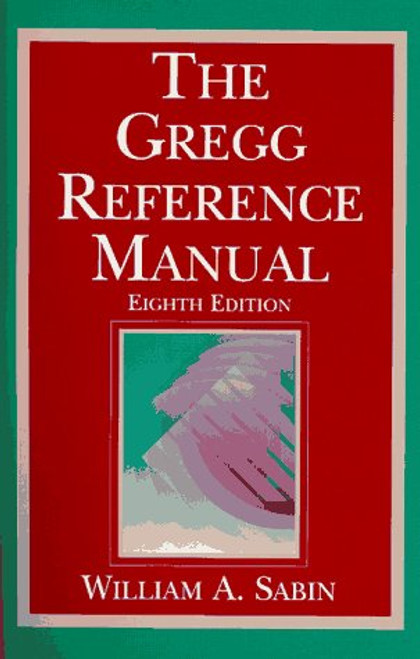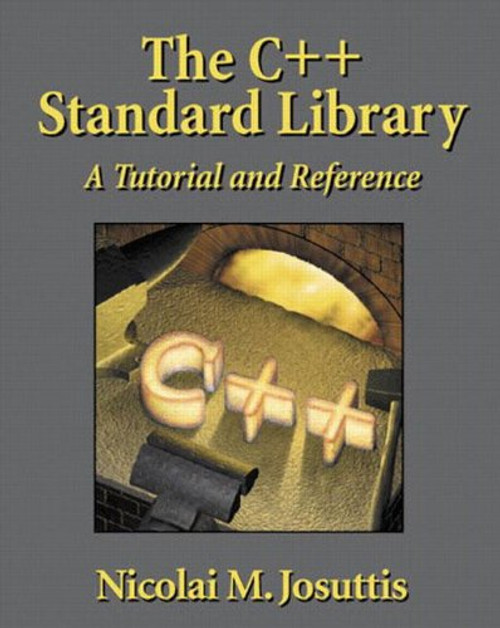From the viewpoint of an industrial this book is most welcome, as one of the most significant demonstrations of the maturity of Prolog. Logic programming is a fascinating area in computer science, which held for years - and still does - the promise of freeing ourselves from programming based on the Von Neumann machine. In addition computer programming has long been for solid theoretical foundations. While conventional engineering, dealing mainly with analogical complexity , developed over some hundred years a complete body of mathematical tools, no such toolset was available for digital complexity . The only mathematical discipline which deals with digital complexity is logic and Prolog is certainly the operational tool which comes closest to the logical programming ideal. So, why does Prolog, despite nearly twenty years of development, still appear to many today to be more of a research or academic tool, rather than an industrial programming language? A few reasons may explain this: First, I think Prolog suffers from having been largely assimilated into - and thus followed the fate of - Artificial Intelligence. Much hype in the late 1980 created overexpectations and failed to deliver, and the counterreaction threw both AI and Prolog into relative obscurity. In a way, maybe this is a new chance for the Prolog community: the ability to carry out real work and progress without the disturbance of limelights and the unrealistic claims of various gurus. Second, programming in Prolog is a new experience for computer professionals.
Prolog: The Standard: Reference Manual
Brand: Springer
$81.15 - $141.85
- UPC:
- 9783540593041
- Maximum Purchase:
- 2 units
- Binding:
- Paperback
- Publication Date:
- 1996-04-15
- Author:
- Pierre Deransart;AbdelAli Ed-Dbali;Laurent Cervoni
- Language:
- french,english
- Edition:
- Softcover reprint of the original 1st ed. 1996






